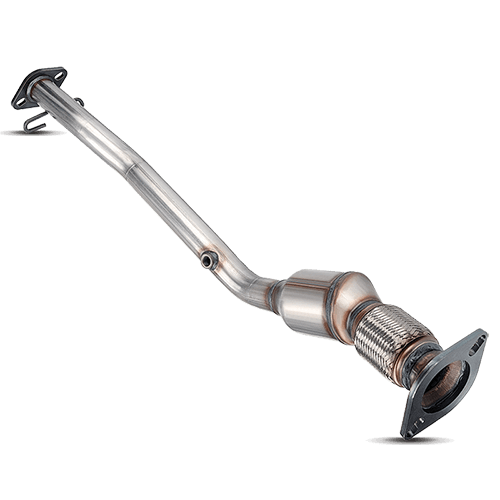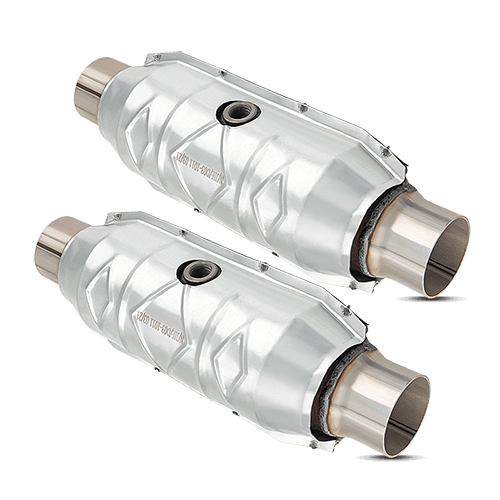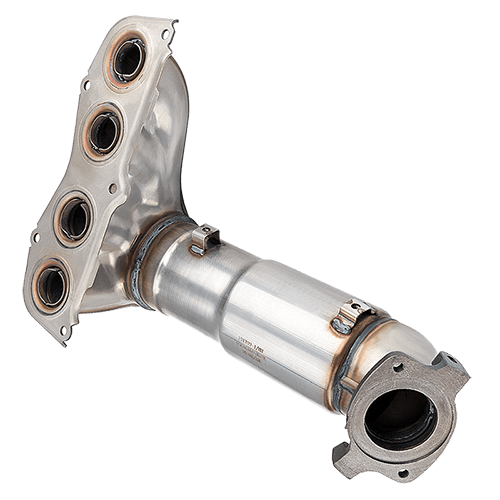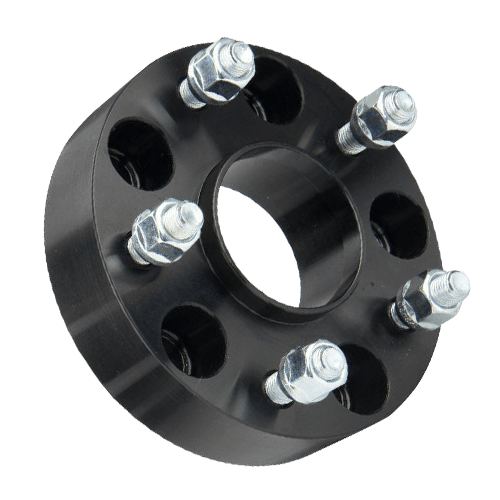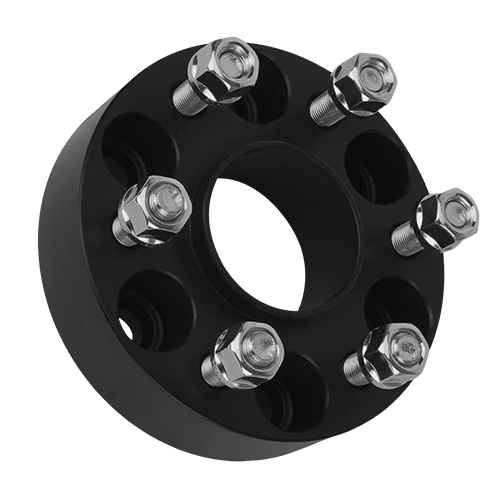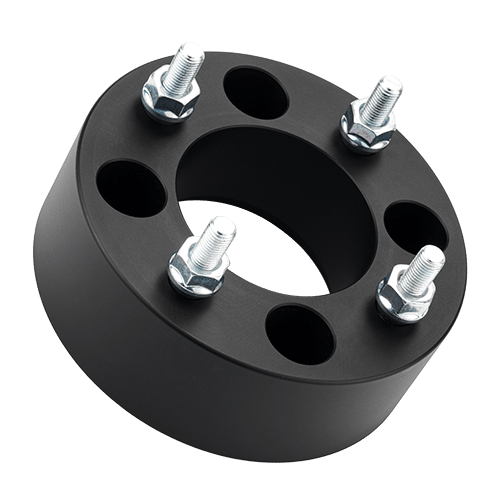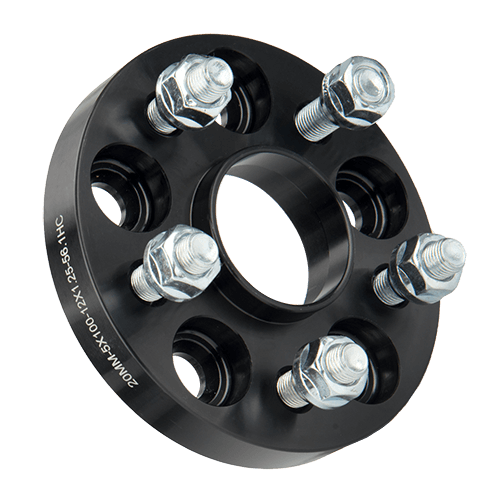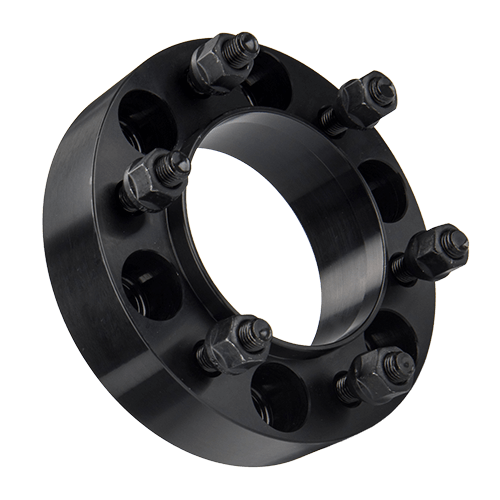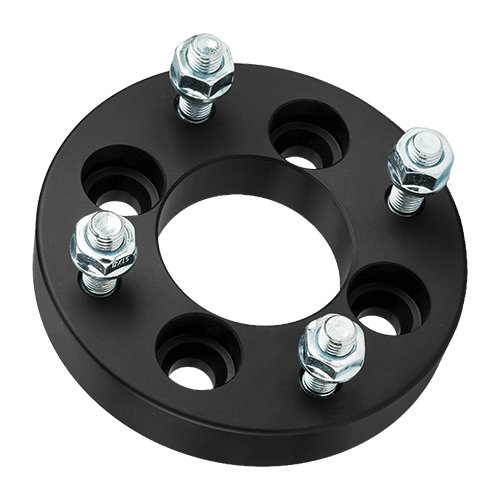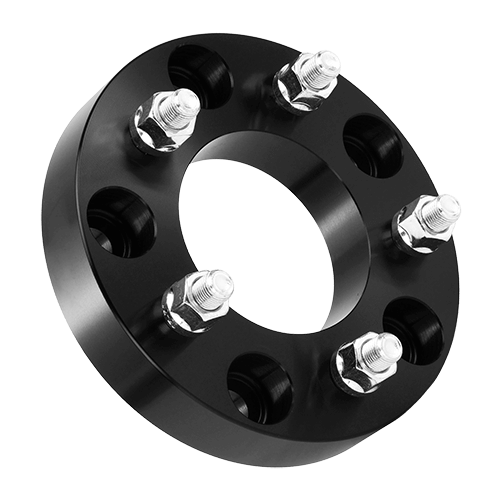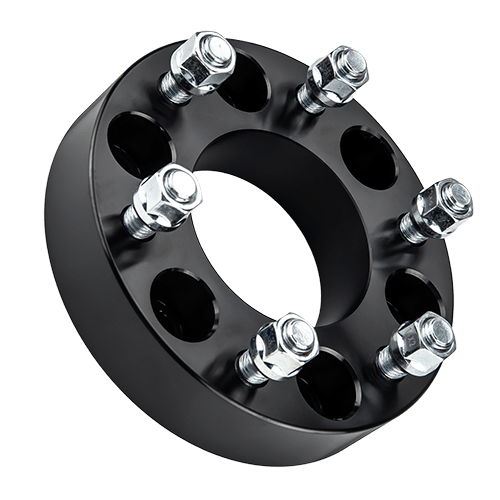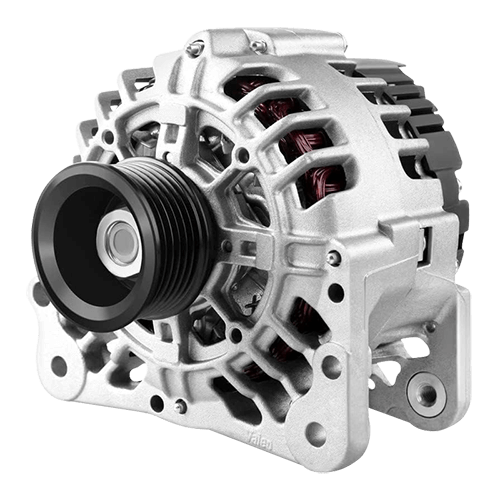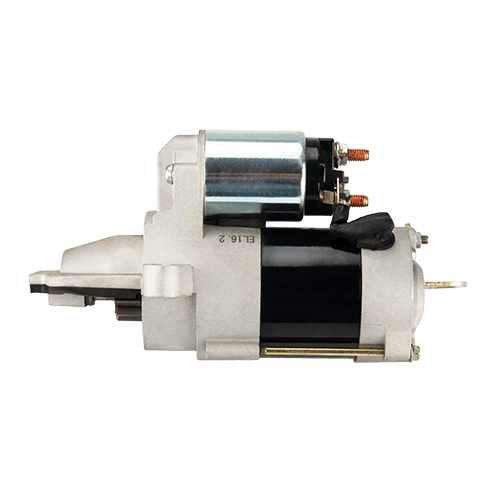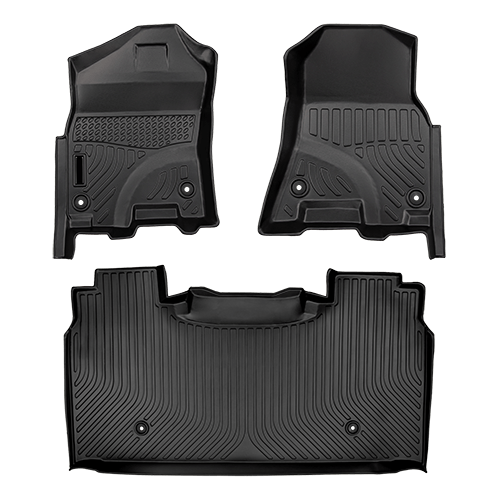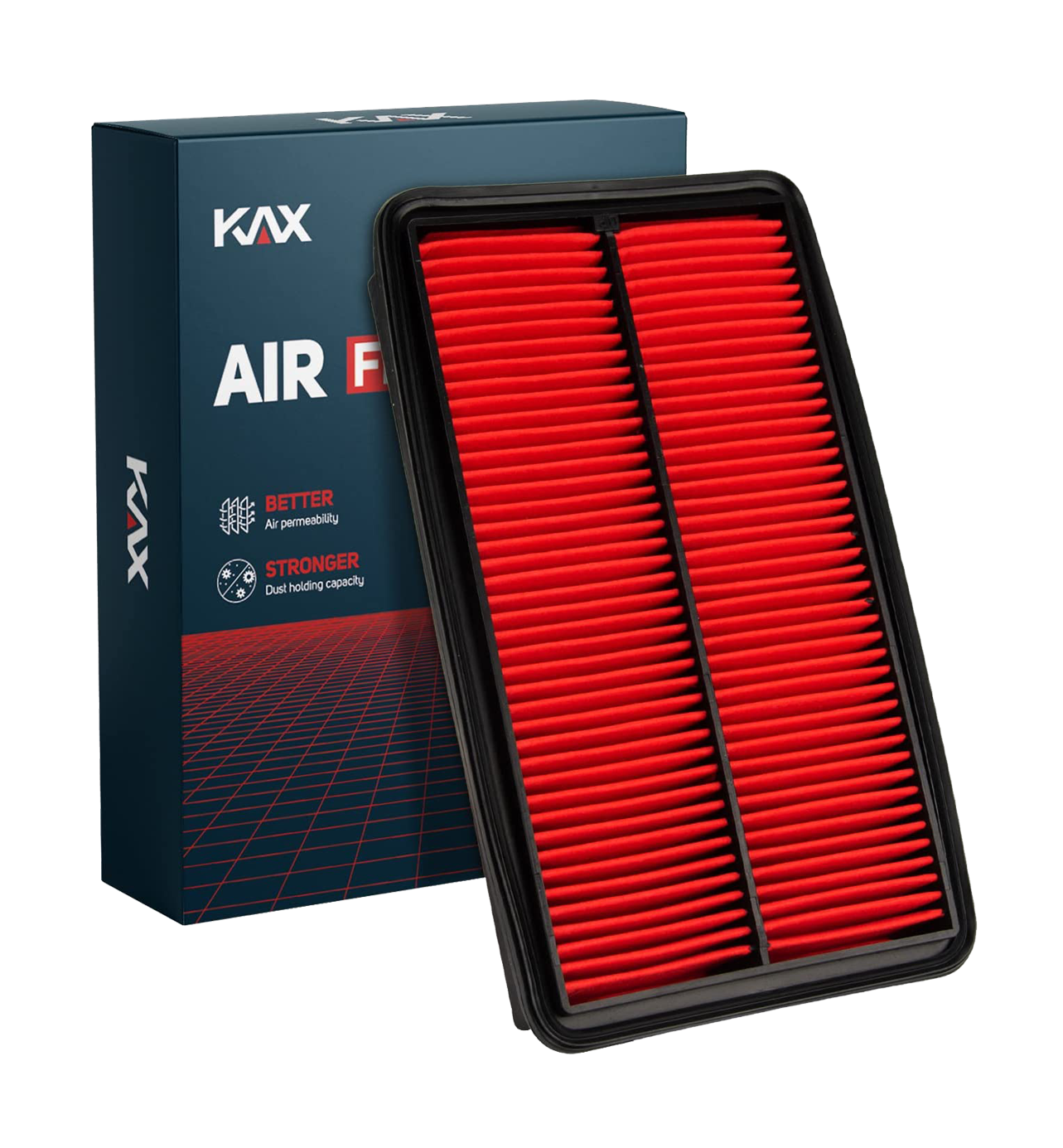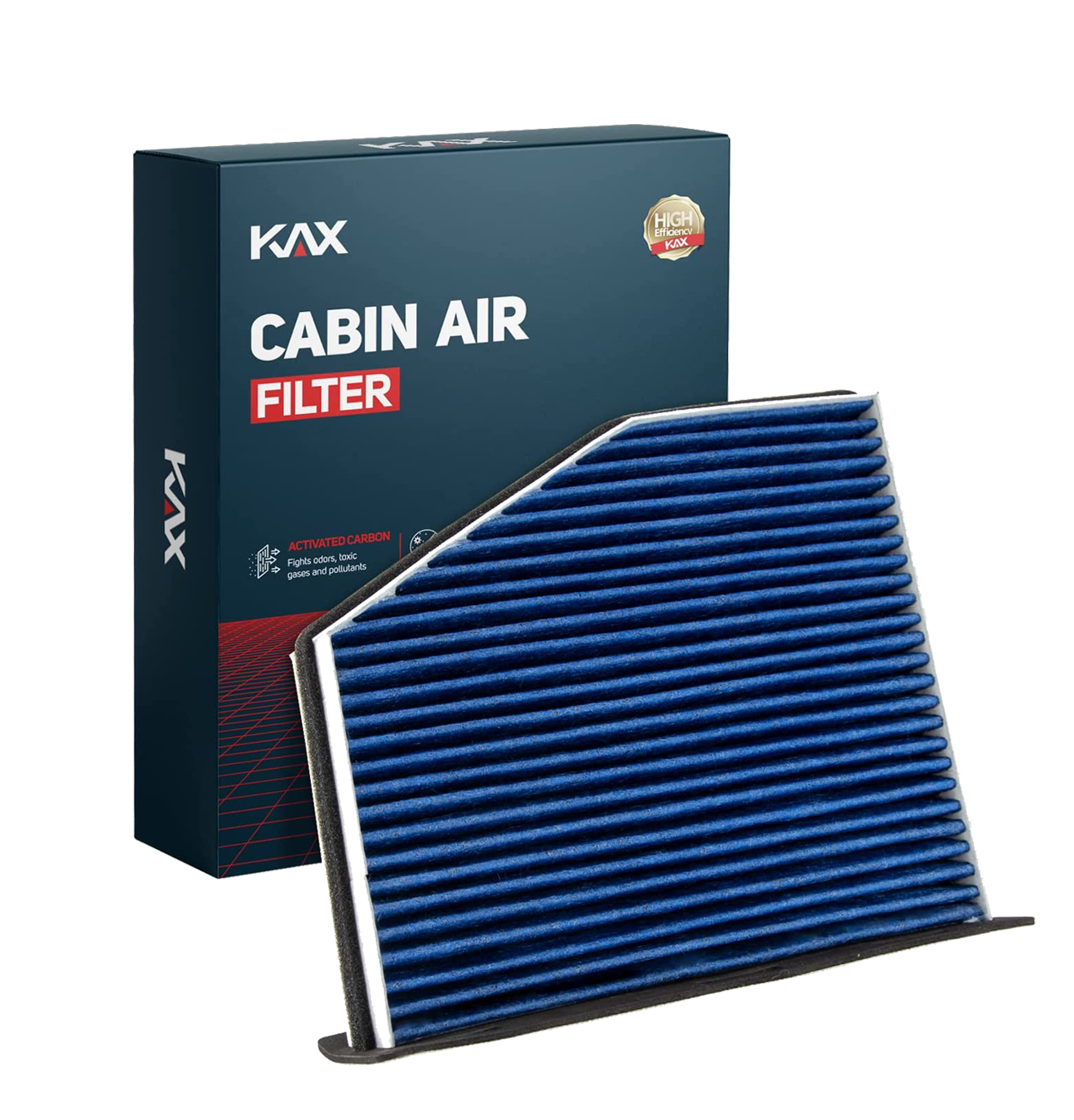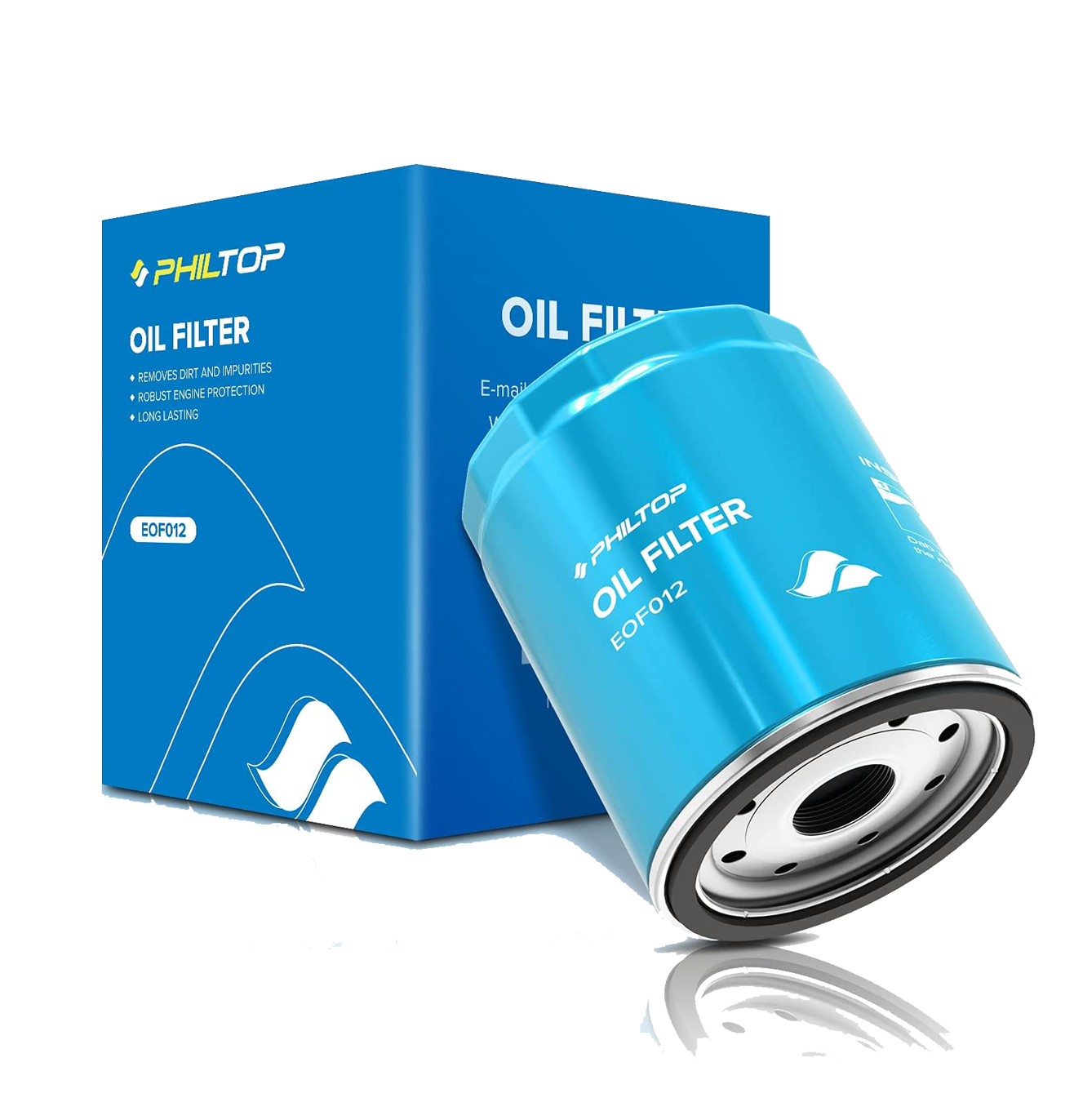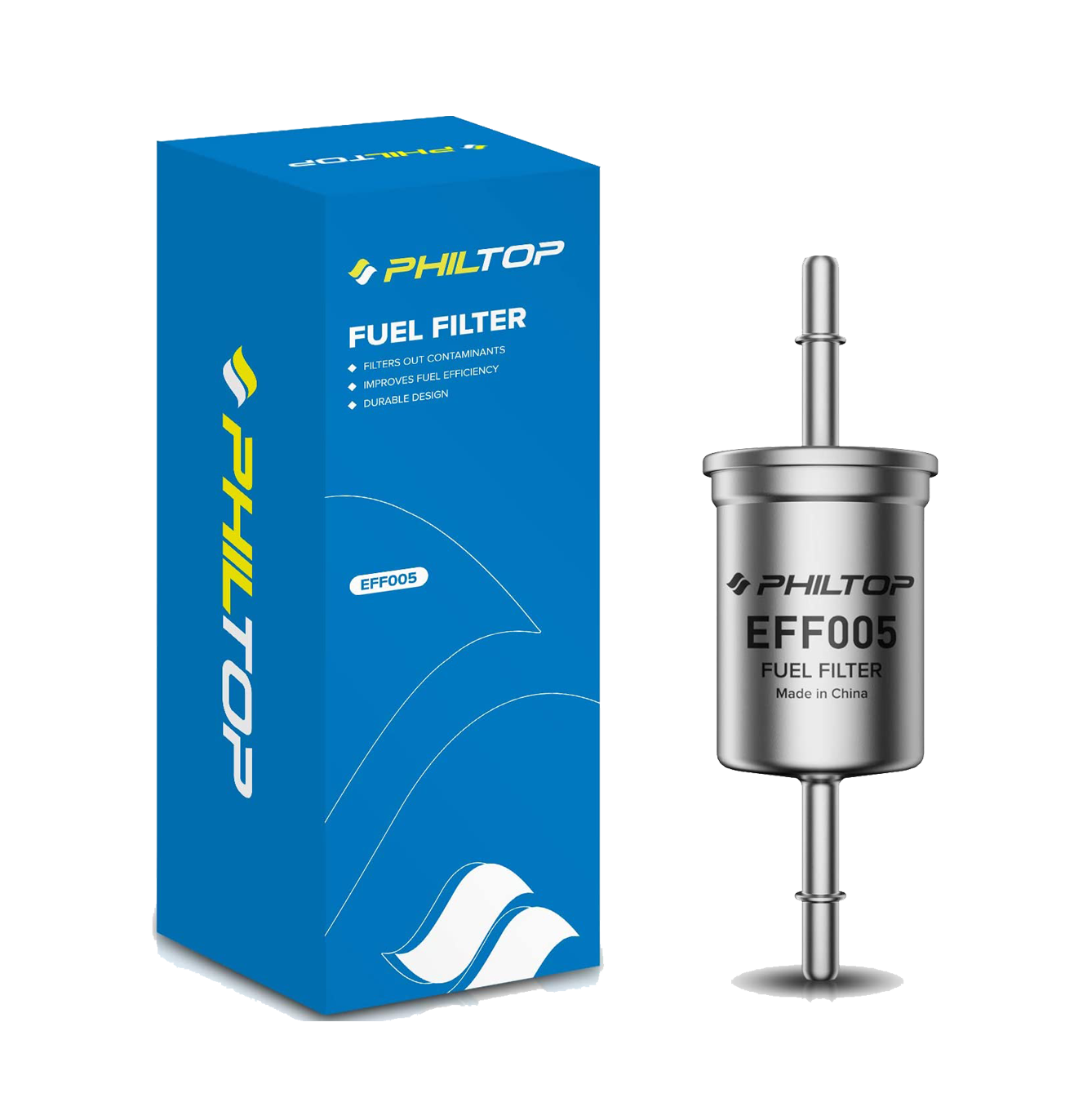Your vehicle's fuel filter plays a crucial role in ensuring the engine receives clean fuel, free from debris and contaminants. Over time, the filter can become clogged or damaged, leading to a variety of performance issues. Recognizing the symptoms of a bad fuel filter early can save you from costly repairs and breakdowns. In this article, we’ll break down 10 common signs that your fuel filter may need attention, helping you stay proactive about your vehicle's health.
What Does a Fuel Filter Do?
Before diving into the symptoms, it’s important to understand the role of the fuel filter. Located between the fuel tank and the engine, this component prevents dirt, rust, and other contaminants from entering the fuel system. These impurities can damage sensitive engine parts, such as the fuel injectors and cylinders, leading to poor performance or even engine failure.
Before diving into the symptoms, it’s important to understand the role of the fuel filter. Located between the fuel tank and the engine, this component prevents dirt, rust, and other contaminants from entering the fuel system. These impurities can damage sensitive engine parts, such as the fuel injectors and cylinders, leading to poor performance or even engine failure.
Difficulty Starting the Engine
One of the earliest signs of a bad fuel filter is trouble starting your car. When the filter is clogged, it restricts the flow of fuel to the engine. Without sufficient fuel, the engine struggles to ignite.
You may notice this symptom more prominently during cold starts. If your car cranks but doesn’t start easily, it’s worth inspecting the fuel filter, especially if it hasn’t been replaced in a while.
Engine Stalling
Does your engine suddenly shut off while driving? This could be due to inconsistent fuel flow caused by a blocked filter. When the engine doesn’t receive enough fuel, it can stall unexpectedly, particularly under high-demand conditions like accelerating or climbing a hill.
Remember, engine stalling can also result from other issues, such as a failing fuel pump or ignition problems. However, a clogged fuel filter is a common culprit that’s often overlooked.
Reduced Engine Power
If you notice your vehicle struggling to accelerate or experiencing sluggish performance, the fuel filter might be to blame. A clogged filter limits the amount of fuel reaching the engine, resulting in reduced power output.
This symptom is especially noticeable when driving uphill, towing, or under heavy load. If your vehicle feels underpowered in these situations, it’s time to check the fuel system.
Poor Fuel Efficiency
A clogged fuel filter can cause your engine to work harder to draw sufficient fuel, leading to decreased fuel efficiency. You might find yourself visiting the gas station more often than usual, despite maintaining the same driving habits.
While other factors, such as tire pressure and driving style, can also impact fuel economy, a bad fuel filter is a common cause that shouldn’t be ignored.
Engine Misfires
An irregular fuel supply can cause your engine to misfire, producing a rough or jerking sensation while driving. This happens because the engine isn’t receiving the consistent fuel flow it needs to maintain smooth combustion.
If left unaddressed, engine misfires can worsen over time, potentially damaging other components like the catalytic converter.
Check Engine Light
Modern vehicles are equipped with onboard diagnostic systems that monitor engine performance. If the fuel filter is clogged, your car’s computer may detect abnormal fuel pressure and trigger the check engine light.
Although the check engine light can indicate a variety of issues, a fuel system problem is a common possibility. Using an OBD-II scanner to retrieve error codes can help pinpoint the cause.
Unusual Engine Sounds
A failing fuel filter can cause your engine to produce unusual noises, such as sputtering or knocking. These sounds often occur when the engine isn’t receiving enough fuel for proper combustion.
Pay attention to how your engine sounds during idle, acceleration, and cruising. If you notice irregular noises, it’s worth investigating the fuel system, including the filter.
Fuel Pump Failure
Did you know that a clogged fuel filter can lead to fuel pump failure? When the filter is blocked, the fuel pump has to work harder to push fuel through the system. Over time, this extra strain can cause the pump to wear out prematurely.
Replacing a fuel pump is significantly more expensive than replacing a fuel filter, so addressing the issue early can save you a lot of money and hassle.
Dark or Contaminated Fuel
If you suspect a bad fuel filter, you can inspect the fuel for signs of contamination. Dark or dirty fuel indicates that the filter isn’t effectively trapping impurities.
While this requires some mechanical know-how, it’s a good visual indicator that your filter needs replacement. A mechanic can also perform this check during routine maintenance.
Strong Fuel Odor
A blocked fuel filter can sometimes cause excess fuel pressure, leading to leaks in the fuel system. If you notice a strong smell of gasoline around your vehicle, it could indicate a problem with the fuel lines, pump, or filter.
How Often Should You Replace Your Fuel Filter?
The replacement interval for a fuel filter depends on your vehicle’s make and model, as well as your driving conditions. Generally, manufacturers recommend replacing the fuel filter every 20,000 to 40,000 miles.
However, if you frequently drive in dusty or polluted environments, it’s a good idea to check the filter more often. Refer to your vehicle’s owner’s manual for specific guidance.
Final Thoughts
A bad fuel filter can lead to a host of problems, ranging from reduced performance to complete engine failure. By recognizing the symptoms early, you can address the issue before it escalates.
If you experience any of the signs mentioned above, don’t wait to take action. Consult a trusted mechanic or perform a thorough inspection of your fuel system. Replacing a fuel filter is a relatively inexpensive and straightforward task, but it can save you from costly repairs down the road. Stay proactive, and your vehicle will thank you with better performance and reliability.

